 Hey, you’re still here! Usually, I say “metrics” and the room clears out. We’re already off to a great start.
Hey, you’re still here! Usually, I say “metrics” and the room clears out. We’re already off to a great start.
After my previous article was published in December, about common pitfalls to avoid when implementing a diversity plan, I started to get questions about metrics. Specifically: How do we design metrics that are actually meaningful to diversity, equity, and inclusion (DEI) plans? The answer is too long and complicated for the comments section, so here we are.

 Despite the never-ending deadlines and the new and glorious challenges of adult life, Gen Z are some of the most political and active members of our society. The police brutality that resulted in the death of George Floyd sparked mass protests across the world for the Black Lives Matter movement with Gen Z at the forefront. Similarly, around a month ago, university students across the UK took to the streets demanding for improved student well-being.
Despite the never-ending deadlines and the new and glorious challenges of adult life, Gen Z are some of the most political and active members of our society. The police brutality that resulted in the death of George Floyd sparked mass protests across the world for the Black Lives Matter movement with Gen Z at the forefront. Similarly, around a month ago, university students across the UK took to the streets demanding for improved student well-being. 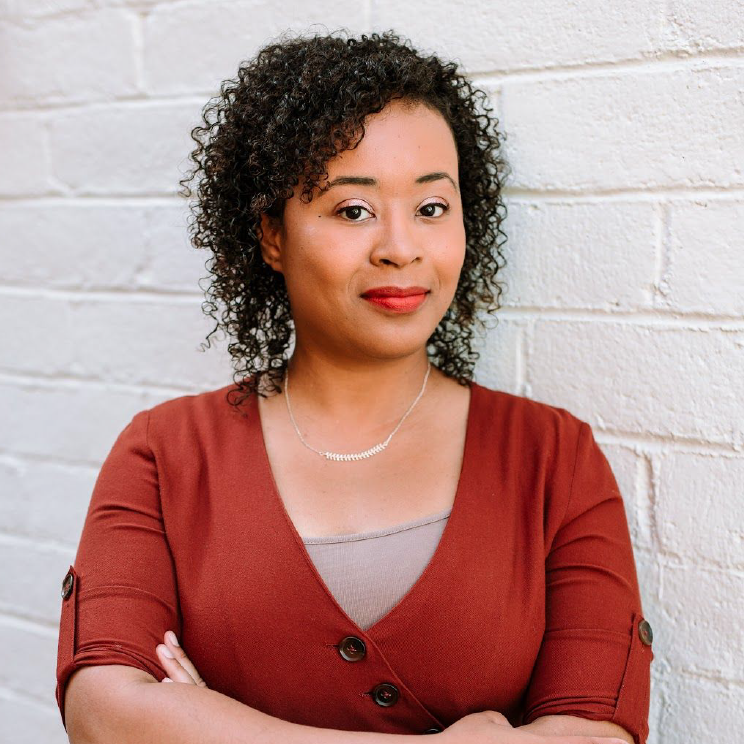 I used to wear the title of ‘working professional’ with pride.
I used to wear the title of ‘working professional’ with pride.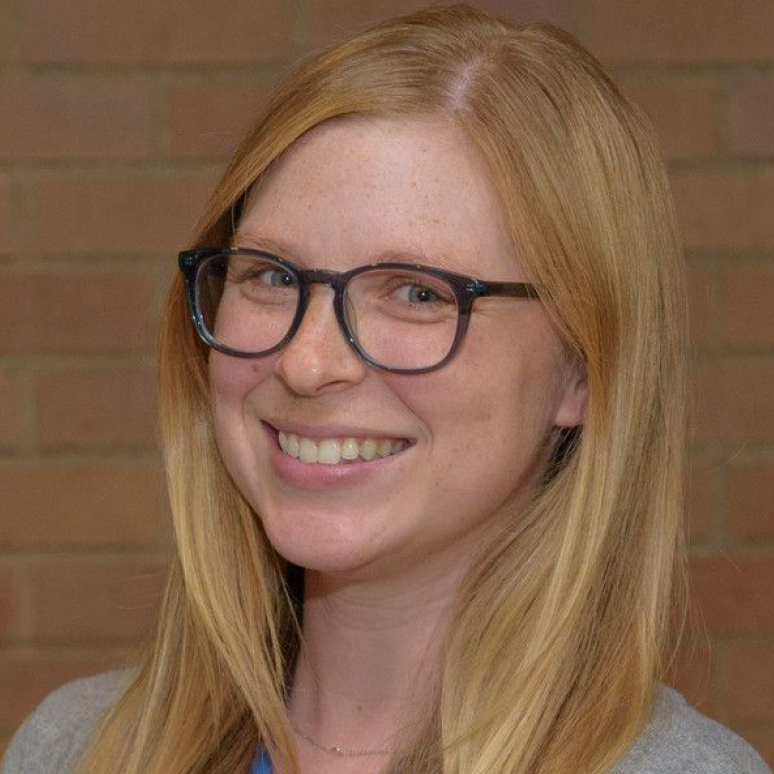 As a development director who loathes capitalism, I often feel very conflicted about my job. When I was young, I had big visions of making a positive impact on the communities I loved, and they certainly didn’t include asking those who hoard wealth to give back (what is often) an insignificant amount to marginalized communities in exchange for a tax deduction and a sense of superiority and white saviorism.
As a development director who loathes capitalism, I often feel very conflicted about my job. When I was young, I had big visions of making a positive impact on the communities I loved, and they certainly didn’t include asking those who hoard wealth to give back (what is often) an insignificant amount to marginalized communities in exchange for a tax deduction and a sense of superiority and white saviorism. 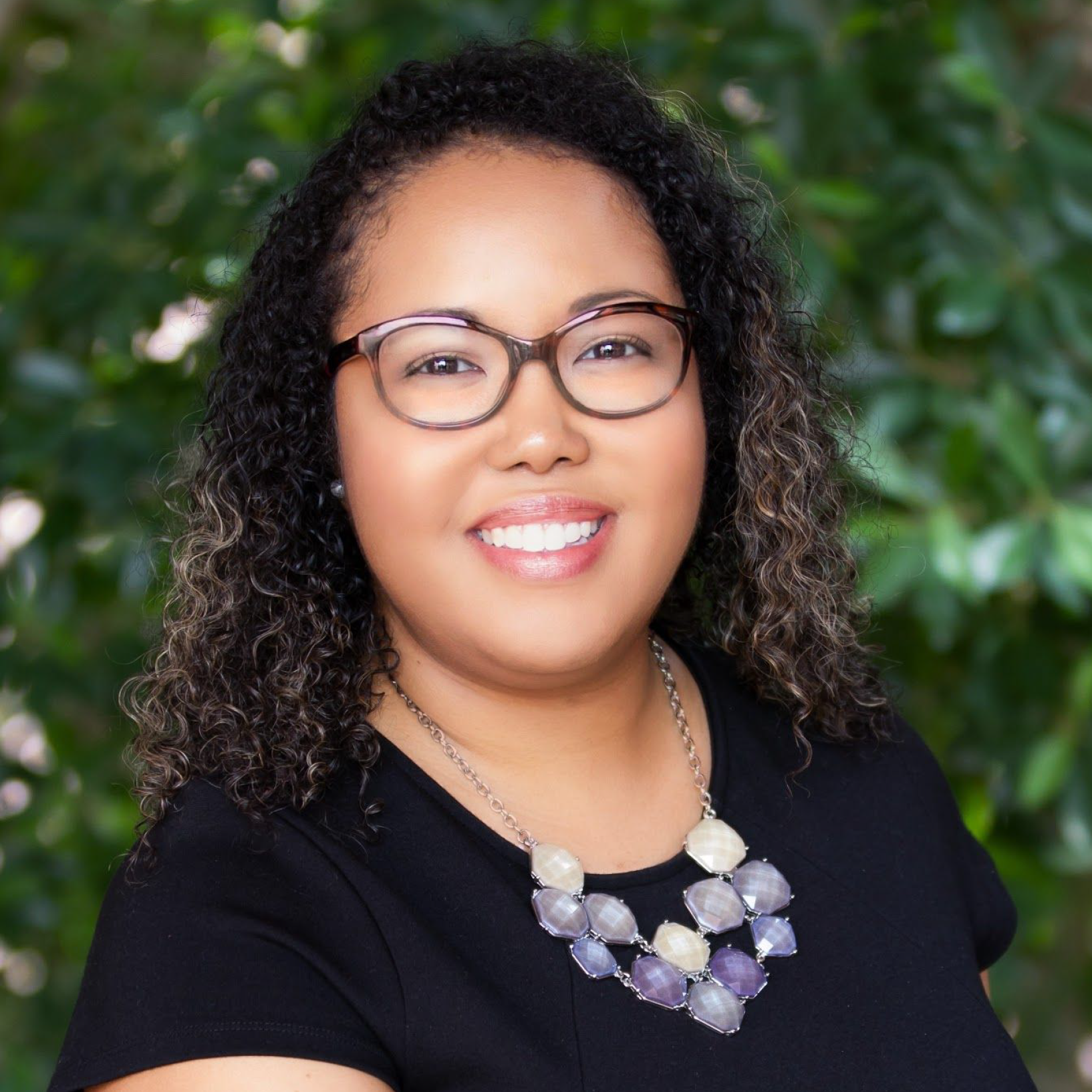 In the throes of the holiday season last December, the careful balance between read and unread emails in my inbox was starting to take a turn. As I conducted my daily reckoning of my inbox, one message jumped out at me, demanding my immediate attention. It didn’t have a subject.
In the throes of the holiday season last December, the careful balance between read and unread emails in my inbox was starting to take a turn. As I conducted my daily reckoning of my inbox, one message jumped out at me, demanding my immediate attention. It didn’t have a subject.  In a previous job, my development supervisor bought me nail polish since she knew I enjoy wearing it. This was evident, as I had done so in the office previously.
In a previous job, my development supervisor bought me nail polish since she knew I enjoy wearing it. This was evident, as I had done so in the office previously.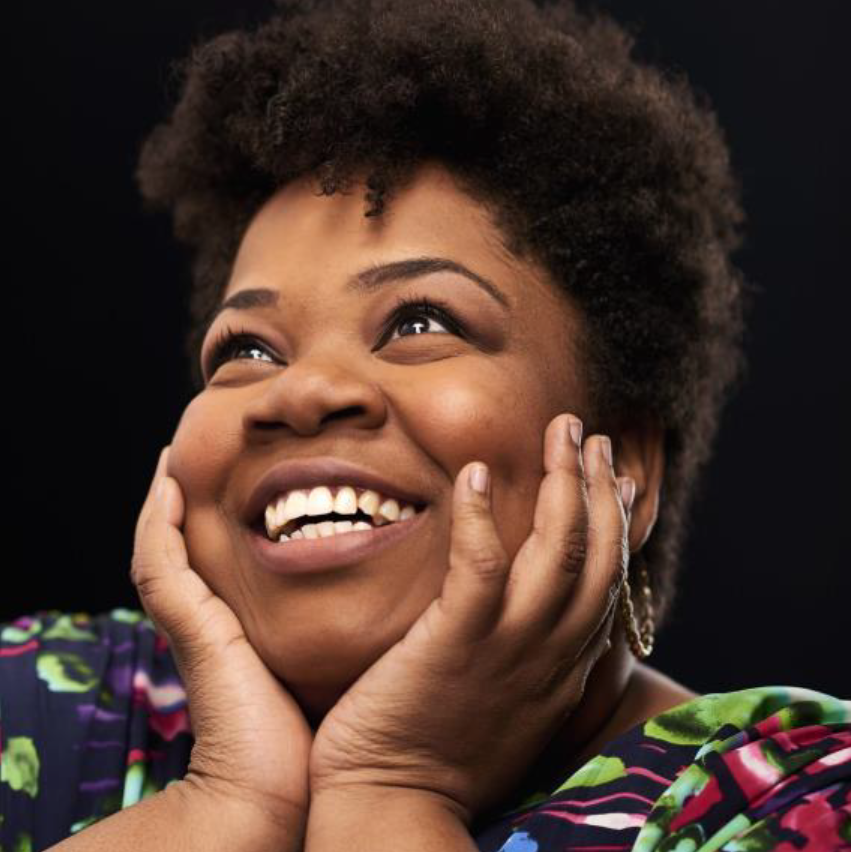 In 2018 I started training with Coach Tricia Arcaro Turton at her boxing gym, Arcaro Boxing. It’s located at 1208 E. Jefferson St., in that weird zone where Seattle’s very white, used-to-be-hella-queer Capitol Hill neighborhood bleeds into the once-upon-a-time-hella-Black (historically speaking) and used-to-be-affordable Central District neighborhood.
In 2018 I started training with Coach Tricia Arcaro Turton at her boxing gym, Arcaro Boxing. It’s located at 1208 E. Jefferson St., in that weird zone where Seattle’s very white, used-to-be-hella-queer Capitol Hill neighborhood bleeds into the once-upon-a-time-hella-Black (historically speaking) and used-to-be-affordable Central District neighborhood. 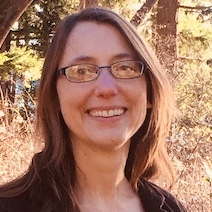 “I don’t help people. I provide tools for people least served by the system,” says Rima Green, Growing Gardens’ Lettuce Grow program director. A Portland-based nonprofit, Growing Gardens uses the experience of growing food in schools, backyards, and correctional facilities to cultivate healthy and equitable communities.
“I don’t help people. I provide tools for people least served by the system,” says Rima Green, Growing Gardens’ Lettuce Grow program director. A Portland-based nonprofit, Growing Gardens uses the experience of growing food in schools, backyards, and correctional facilities to cultivate healthy and equitable communities.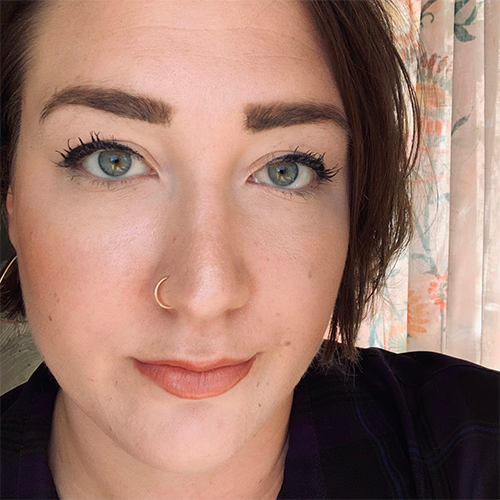 As an Autistic woman and as a fundraiser who has worked at a disability-focused nonprofit for almost 10 years, one of the first things I’m asked when I talk about my identity or the work that I do is, “Have you heard of [X nonprofit]? They work with people with disabilities.”
As an Autistic woman and as a fundraiser who has worked at a disability-focused nonprofit for almost 10 years, one of the first things I’m asked when I talk about my identity or the work that I do is, “Have you heard of [X nonprofit]? They work with people with disabilities.” 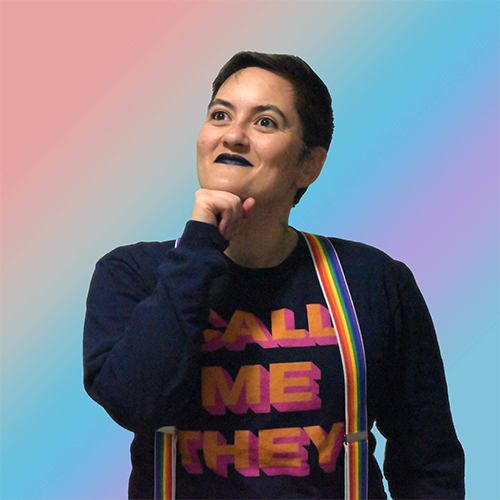 Usually at the end of any given year, all throughout Facebook Nonprofit Group Land, white, cisgender, heterosexual, abled women in HR and director positions start numerous posts asking different variations of, “What end of the year gift should we be giving our employees to show our appreciation for their work?”
Usually at the end of any given year, all throughout Facebook Nonprofit Group Land, white, cisgender, heterosexual, abled women in HR and director positions start numerous posts asking different variations of, “What end of the year gift should we be giving our employees to show our appreciation for their work?”  There’s a TED Talk by entrepreneur and humanitarian Dan Pallotta, entitled: The way we think about charity is dead wrong.
There’s a TED Talk by entrepreneur and humanitarian Dan Pallotta, entitled: The way we think about charity is dead wrong.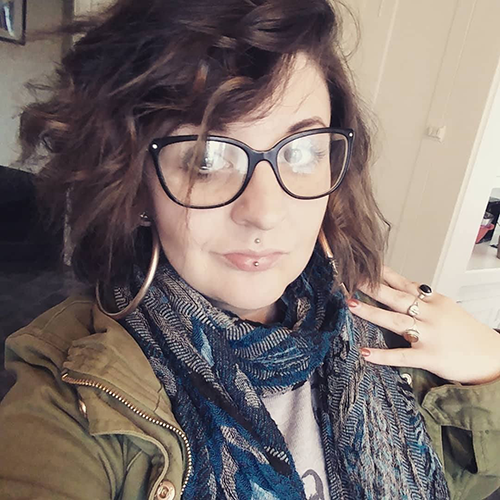 One thing we are learning when it comes to community-centric fundraising is to move away from individual storytelling and toward organizational storytelling.
One thing we are learning when it comes to community-centric fundraising is to move away from individual storytelling and toward organizational storytelling.